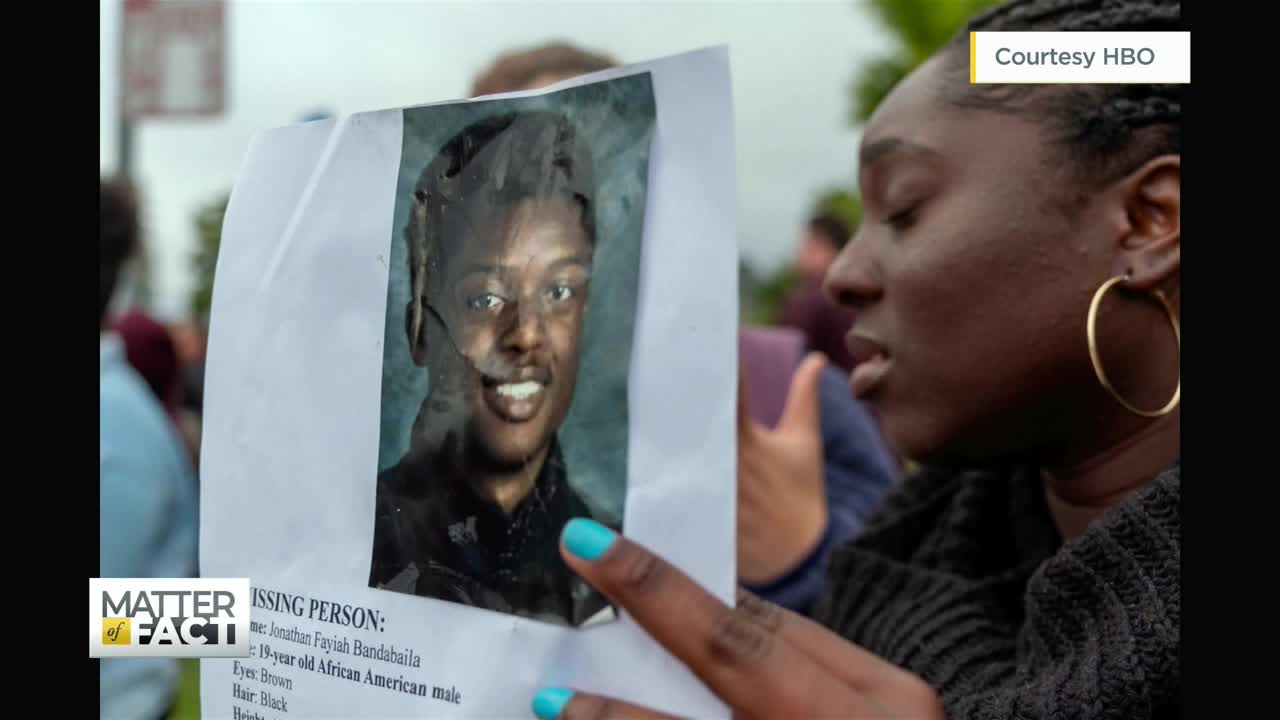
Back in 2019, Jonathan Bandabaila, a Black teenager, disappeared in Oakland, California. After nearly three weeks without answers, his frustrated family held a news conference, pleading with the police department to investigate. More than two and a half years later, the case is still unsolved. Now, Jonathan’s family is appealing to Gov. Gavin Newsom, asking the state to investigate how state highway patrol handled his disappearance.
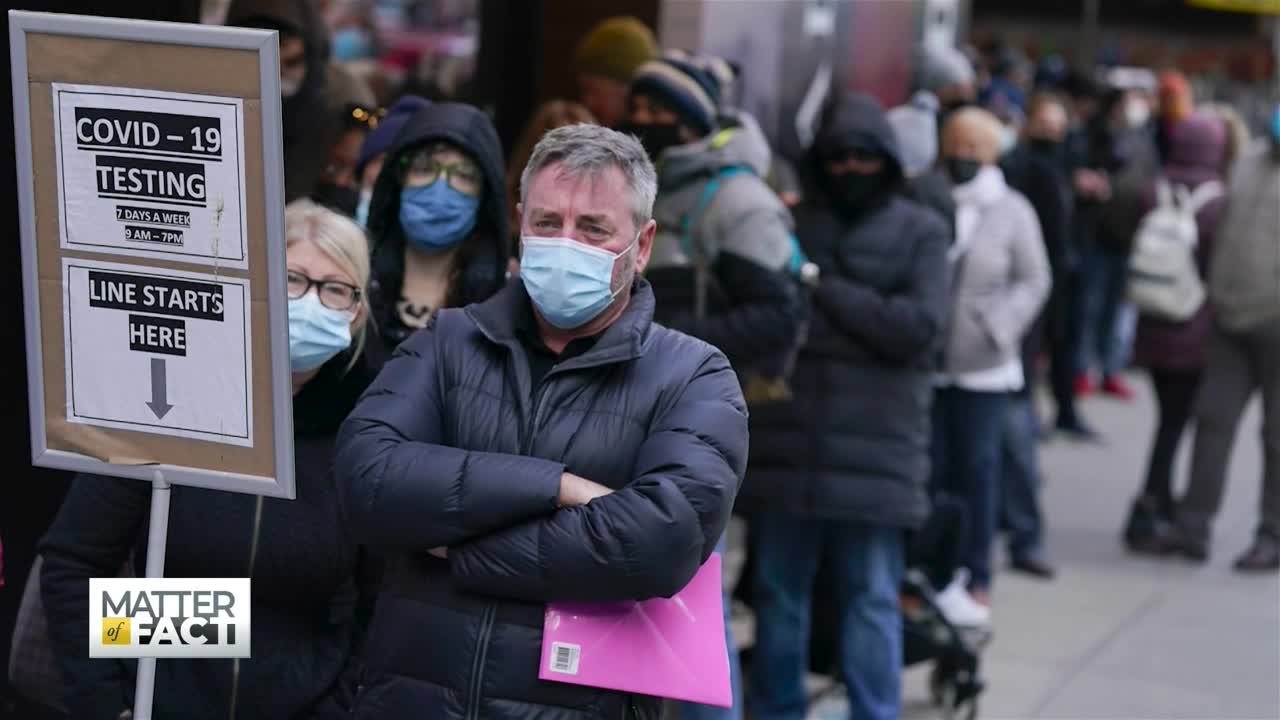
More than two million people a day are being diagnosed with COVID-19 around the world. Meanwhile, hospitalizations nationwide are reaching record highs. But health experts say the peak of the omicron variant in the U.S. could be just weeks away. Dr. Katelyn Jetelina is an epidemiologist at the University of Texas Health Science Center in Houston. Soledad talks to her about what life will look like in a post-pandemic world.
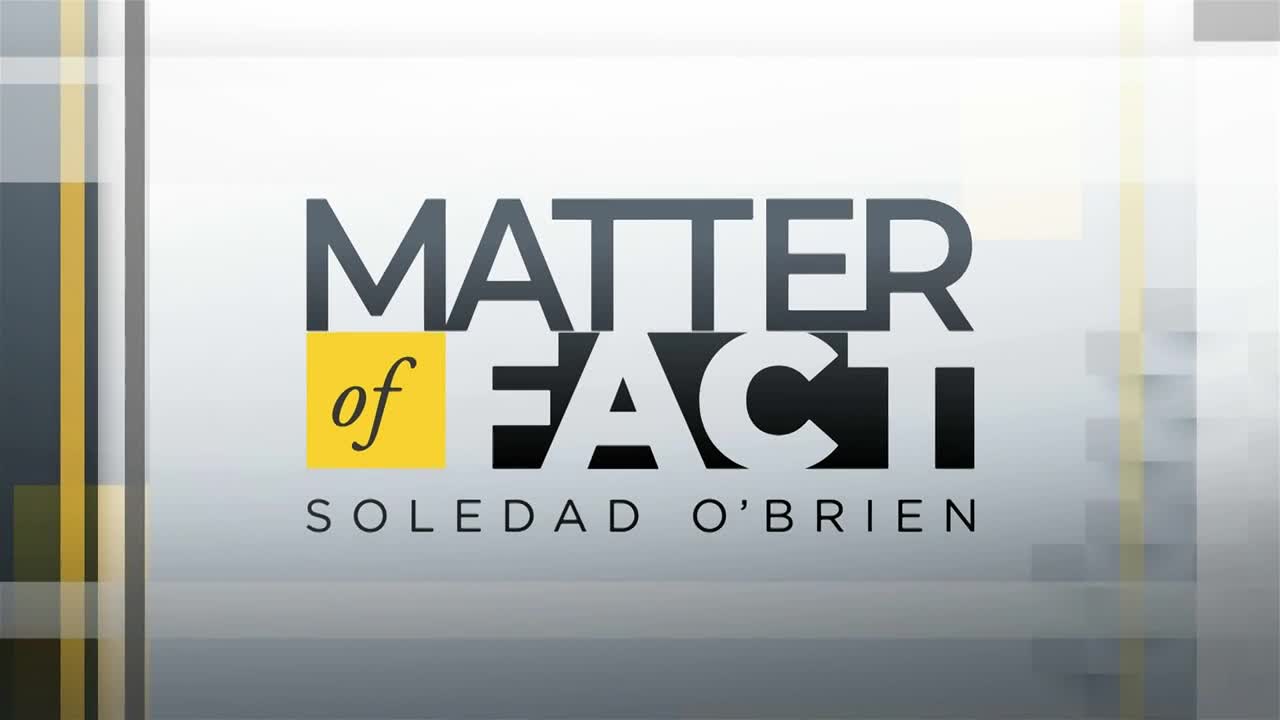
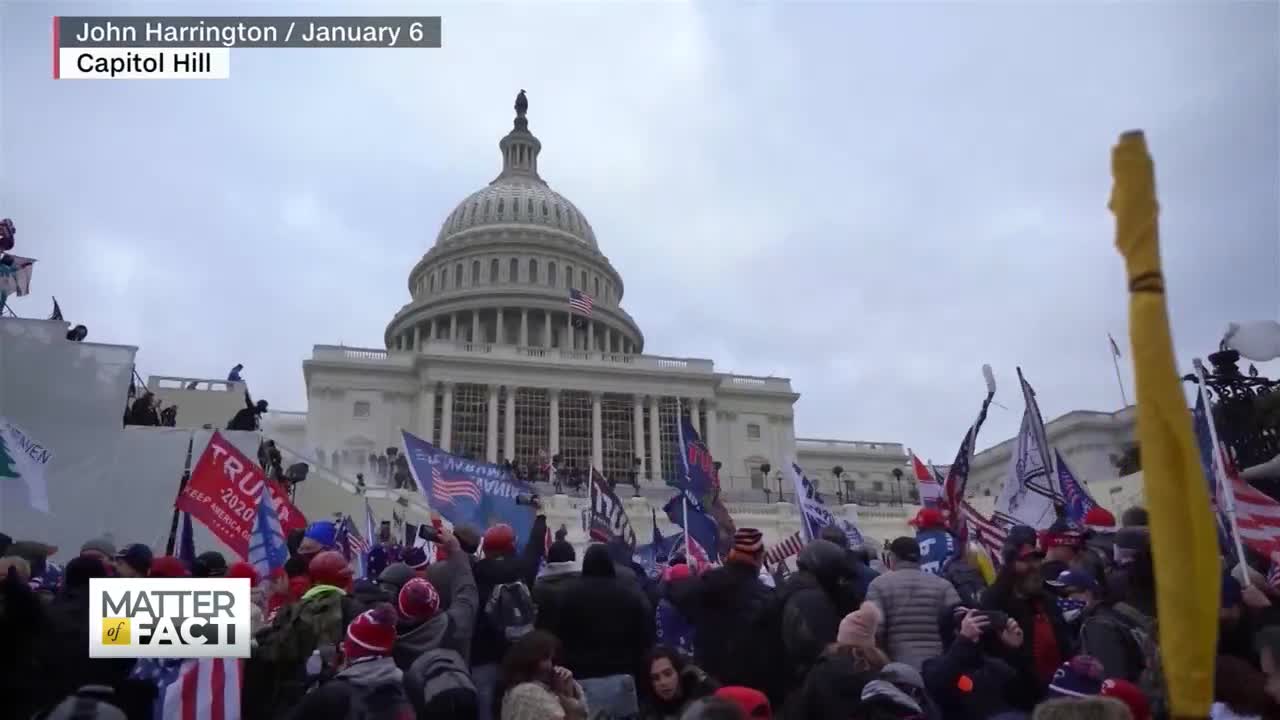
This week marks one year since the deadly attack on the U.S. Capitol, when insurrectionists attempted to overthrow the results of the 2020 presidential election. Yale University professor Joanne B. Freeman recently wrote an op-ed in Washington Post about the importance of acknowledging that a critical line has been crossed. She shares part of her essay with us.
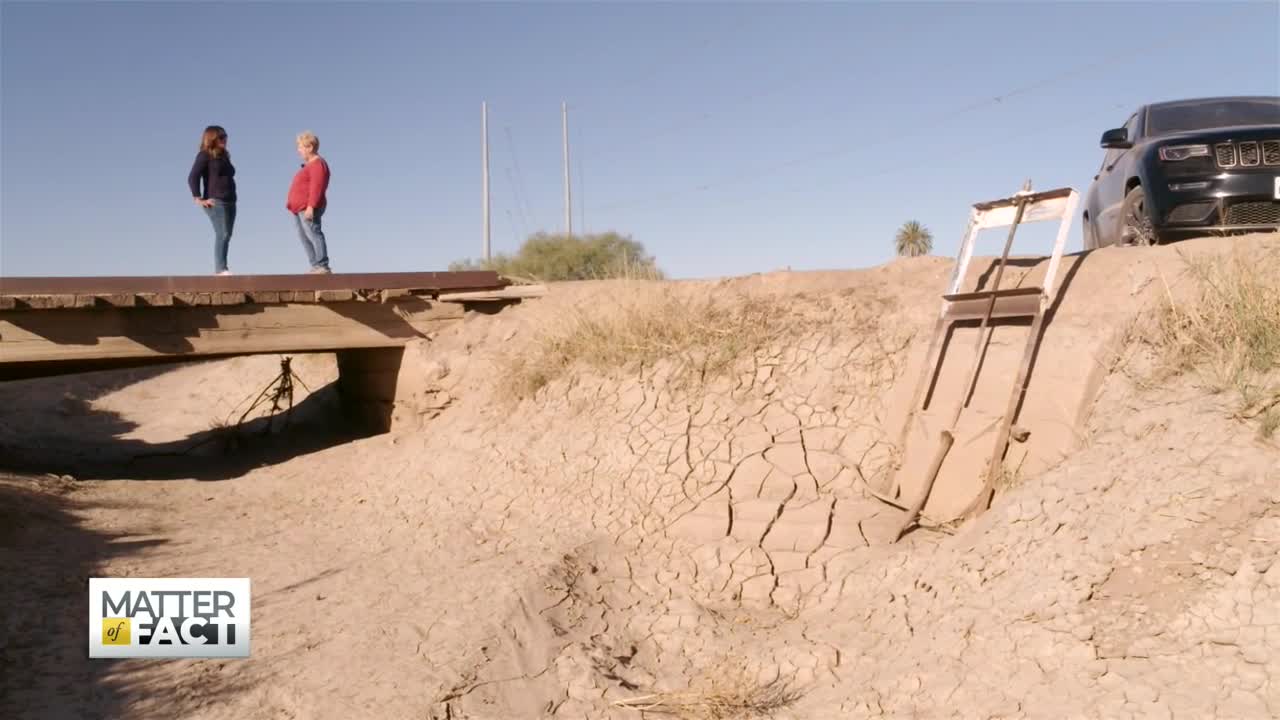
The West Coast’s megadrought is threatening our nation’s food production, and the people who produce it. Severe water shortages in California, Nevada and Arizona are drying up the supply needed for crop irrigation. For example, the Colorado River is a vital resource for Arizona farmers. Right now, it’s only at 39 percent capacity. Trying to conserve what’s left, regulators are cutting off 65 percent of the water supply to farmers. Correspondent Dina Demetrius traveled to Casa Grande, Arizona to talk with the Caywood family about the drought that’s drying up their land.
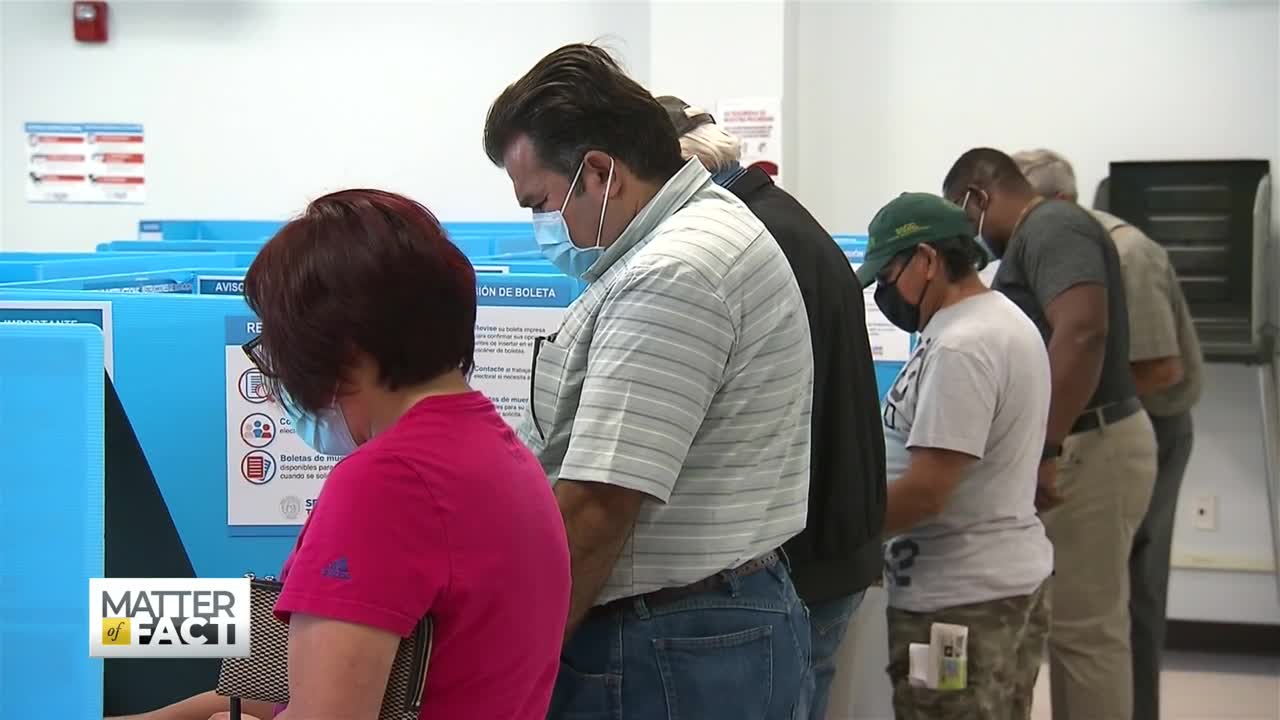
Almost two years into the pandemic and Americans are worn out. Keeping up the recurring COVID surges and COVID precautions, combined with the ever-changing responses from leadership, has been exhausting. Voters are likely to bring that frustration with them when they cast their ballots in the 2022 midterm election. But fewer people could have the chance to make their voices heard due to an aggressive, ongoing push to restrict voting rights. Wendy Weiser is the Vice President for Democracy at the Brennan Center for Justice. Soledad talks to her about the foundation of our electoral system, voting rights, and the growing fear for the future of American democracy.
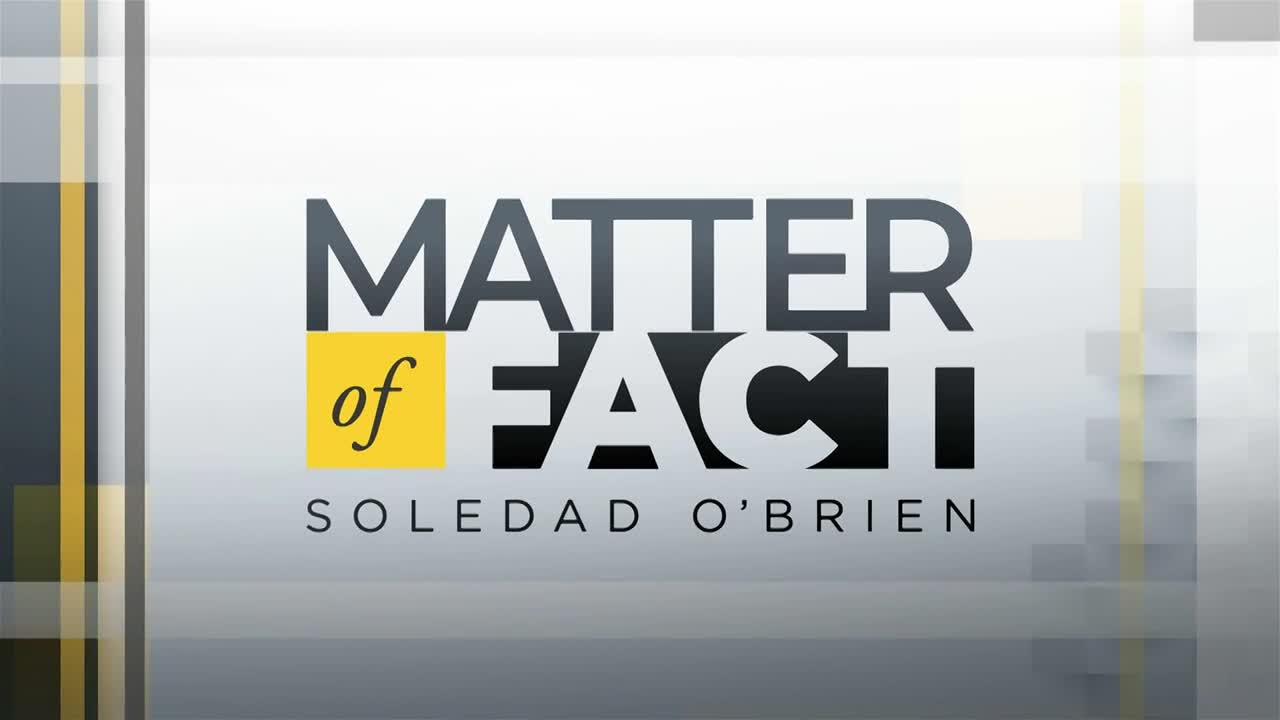


The “Matter of Fact Listening Tour,” hosted by Soledad O’Brien, continues its exploration of difficult issues surrounding race and equity in “Promises of Change.”
Watch the show in the video player at the top of this page.
Among O’Brien’s guests is award-winning composer, musician and singer John Legend, whose “Unlocked Futures” project supports efforts to restore voting rights for people with felony convictions who have served their sentences. Also appearing is recently elected Boston Mayor Michelle Wu, a daughter of Taiwanese immigrants and the youngest person and first woman elected that city’s mayor. She plans to pursue a “green agenda” for Boston. The show also features a previously taped interview O’Brien conducted with Associate Justice of The Supreme Court Sonia Sotomayor, addressing the challenges posed by hate speech.
Additional scheduled guests include:
Lt. Paul Antonovich of the Schenectady, New York, police department, joined by Schenectady community activist William Rivas, his partner in a first-in-the-nation program helping address bias by using a citizen review panel to vet potential officers.
Mehrsa Baradaran, professor of law at the University of California Irvine School of Law and author of “The Color Of Money: Black Banks And The Racial Wealth Gap.”
Bree Newsome Bass, a voting rights activist who entered the national spotlight in 2015 when she climbed a South Carolina capitol grounds flagpole to remove a Confederate flag.
Joy Buolamwini, MIT researcher and founder of the Algorithmic Justice League, is studying the effect of bias baked into facial recognition software increasingly used by the government at various levels.
Claudette Colvin, who as a 15-year-old in Montgomery, Alabama, in 1955 was arrested when she refused to give up her seat to a white woman on a bus — about nine months before Rosa Parks made headlines — and who to this day is still trying to get her arrest expunged.
Sarah De Guia, CEO of Change Lab Solutions, an Oakland, California, organization that uses tools of law to advance health equity.
Kyren Gibson and his 9-year-old son, Kyng, co-authors of a popular and critically praised financial workbook, “The Generational Wealth Building Activity Book.”
Crystal Echo Hawk, executive director of Oklahoma-based IllumiNative, a nonprofit organization designed to illuminate the vibrancy and importance of Native voices, stories, and issues in media, pop culture, K-12 education and other key sectors.
Dolores Huerta, who, with the late Cesar Chavez, co-founded National Farmworkers Association, which later merged with the Agricultural Workers Organizing Committee to become the United Farm Workers.
Beth Howard, rural Kentucky campaign director for the organization Showing Up for Racial Justice (SURJ) and originator of the slogan Rednecks for Black Lives, adopted as the name of a Facebook group interested in racial justice issues.
Dr. Ibram X. Kendi, Andrew W. Mellon Professor in the Humanities at Boston University and best-selling author of “How to Be an Antiracist,” among other books.
Emmanuel Pratt, a MacArthur Genius Award-winning urban designer and the visionary behind The Sweet Water Foundation, whose resident-driven community development effort is transforming a South Side Chicago neighborhood wracked by disinvestment.
Yolo Akili Robinson, executive director of BEAM (The Black Emotional and Mental Health Collective), an organization that works to heal mental health issues in the Black community.
Eugenia South, a Philadelphia emergency room physician involved in projects to improve health outcomes for people living in distressed communities.
Greisa Martinez Rosas, who leads United We Dream, which works to advance immigrant rights for the undocumented living and working in the U.S.
Archelle Thelemaque, a politically liberal member of Gen Z, who with Justin Russell, a politically conservative member of Gen X, took a lengthy stroll together across the monuments of Washington, D.C., to discuss their differences — and their shared views.
Raj Vinnakota, president of the Institute For Citizens And Scholars, who previously co-founded The Seed Foundation to manage the nation’s first network of public boarding schools for underserved children.
“Promises of Change” follows the tour’s March 18 episode, “To Be An American: Identity, Race And Justice.” The tour debuted in October 2020 with “The Hard Truth About Bias: Images and Reality.”
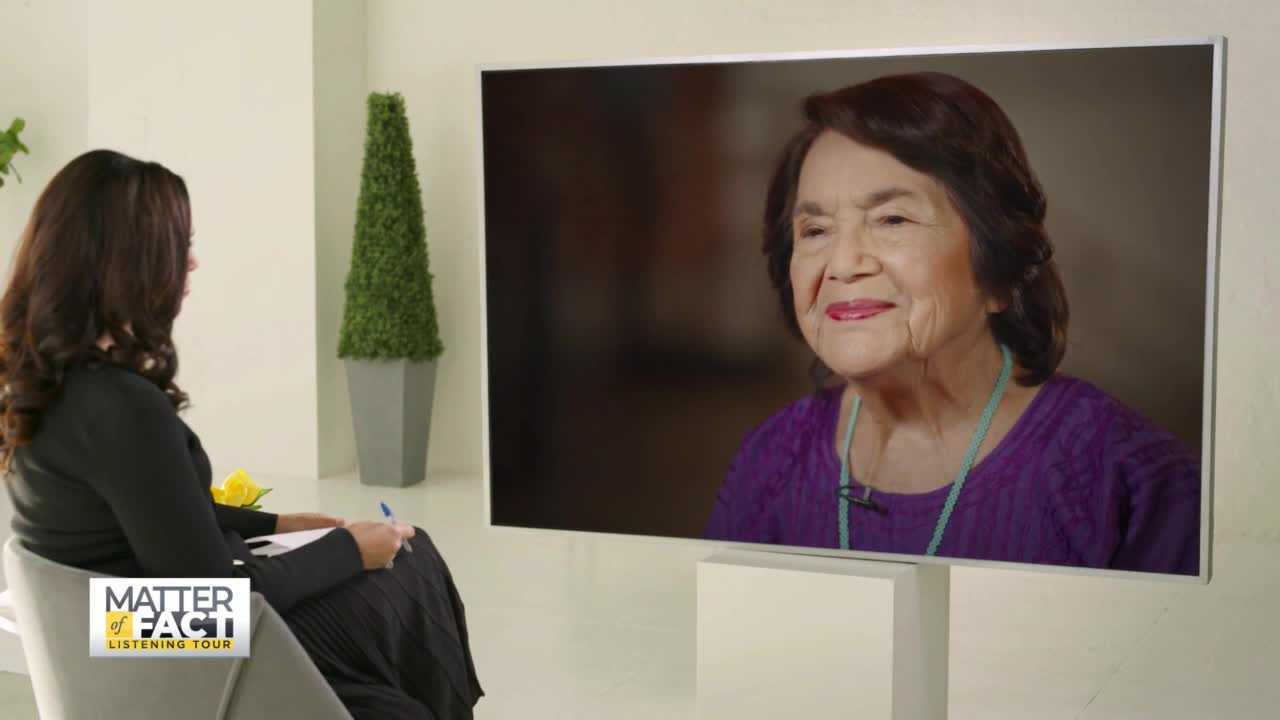
Labor activist and civil rights leader Dolores Huerta and the late Cesar Chavez made history with a shared vision for organizing farm workers and promoting worker rights. They co-founded National Farmworkers Association, which later merged with the Agricultural Workers Organizing Committee to become the United Farm Workers.